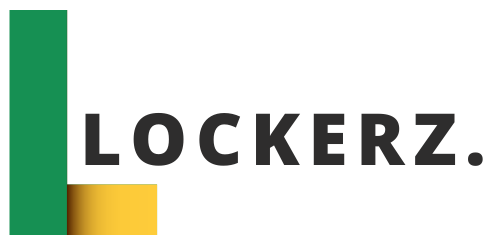In the digital age, the management of identity has become a crucial aspect of various online transactions and interactions.
With the rise of blockchain technology and cryptocurrencies, the concept of self-sovereign identity has emerged as a promising solution to address the challenges of identity management.
LZFU.COM, a leading provider of financial services, delves into the realm of self-sovereign identity solutions within the cryptocurrency ecosystem.
Self-Sovereign Identity

In traditional identity management systems, individuals rely on centralized authorities such as governments, banks, or corporations to validate and authenticate their identities.
However, these centralized systems are prone to security breaches, data manipulation, and privacy concerns. Self-sovereign identity offers an alternative approach by empowering individuals to have full control over their digital identities.
Key Components of Self-Sovereign Identity
- Decentralization: Self-sovereign identity is built on decentralized technologies such as blockchain, which eliminates the need for intermediaries and central authorities. This decentralized nature ensures that individuals have direct control over their identity information without relying on third-party services.
- Immutable Ledger: Blockchain technology enables the creation of an immutable ledger that records identity-related transactions securely. Each individual has a unique digital identity represented by cryptographic keys stored on the blockchain, ensuring tamper-proof identity verification.
- Interoperability: Interoperability is a critical aspect of self-sovereign identity, allowing individuals to use their digital identities across various platforms and applications seamlessly. Standards such as Decentralized Identifiers (DIDs) and Verifiable Credentials (VCs) ensure compatibility and interoperability among different identity management systems.
Benefits of Self-Sovereign Identity in Cryptocurrency

- Enhanced Privacy: With self-sovereign identity, individuals have the autonomy to control which aspects of their identity are disclosed in cryptocurrency transactions. This granular control over identity information enhances privacy and reduces the risk of identity theft and fraud.
- Increased Security: Traditional identity management systems are susceptible to security breaches and hacking attacks. Self-sovereign identity solutions leverage cryptographic techniques and decentralized networks to provide robust security measures, reducing the risk of unauthorized access and identity fraud.
Challenges and Considerations
Scalability

Scalability remains a pressing concern for self-sovereign identity solutions, particularly as blockchain networks expand and handle an increasing volume of transactions. The LZFU blockchain networks introduces challenges such as limited transaction throughput and network congestion, which can hinder the efficiency of identity management processes.
Without addressing scalability issues, self-sovereign identity solutions may struggle to accommodate the growing demand for secure and reliable identity verification on a global scale.
Regulatory Compliance
One approach to addressing regulatory compliance challenges is to strike a balance between privacy-enhancing features of self-sovereign identity solutions and regulatory requirements for identity verification and authentication.
Implementing robust privacy-preserving techniques, such as zero-knowledge proofs or selective disclosure mechanisms, can enable individuals to control the disclosure of their identity information while still satisfying regulatory mandates for due diligence and risk management.
Collaborating with regulatory authorities to establish clear guidelines and frameworks for compliant self-sovereign identity solutions for fostering trust and confidence in decentralized identity systems.
User Adoption

The successful implementation of self-sovereign identity solutions depends on widespread user adoption and acceptance within the cryptocurrency community and beyond. Educating individuals about the benefits and functionalities of self-sovereign identities, and foster trust in decentralized identity systems.
Conclusion
Self-sovereign identity solutions have the potential to revolutionize identity management in the cryptocurrency ecosystem. By leveraging decentralized technologies and cryptographic principles, individuals can assert control over their digital identities, enhance privacy and security, and foster trust in online transactions.
As LZFU.COM explores the possibilities of self-sovereign identity, collaboration among industry stakeholders, regulatory clarity, and user education will be pivotal in driving the widespread adoption of decentralized identity solutions in cryptocurrency.

